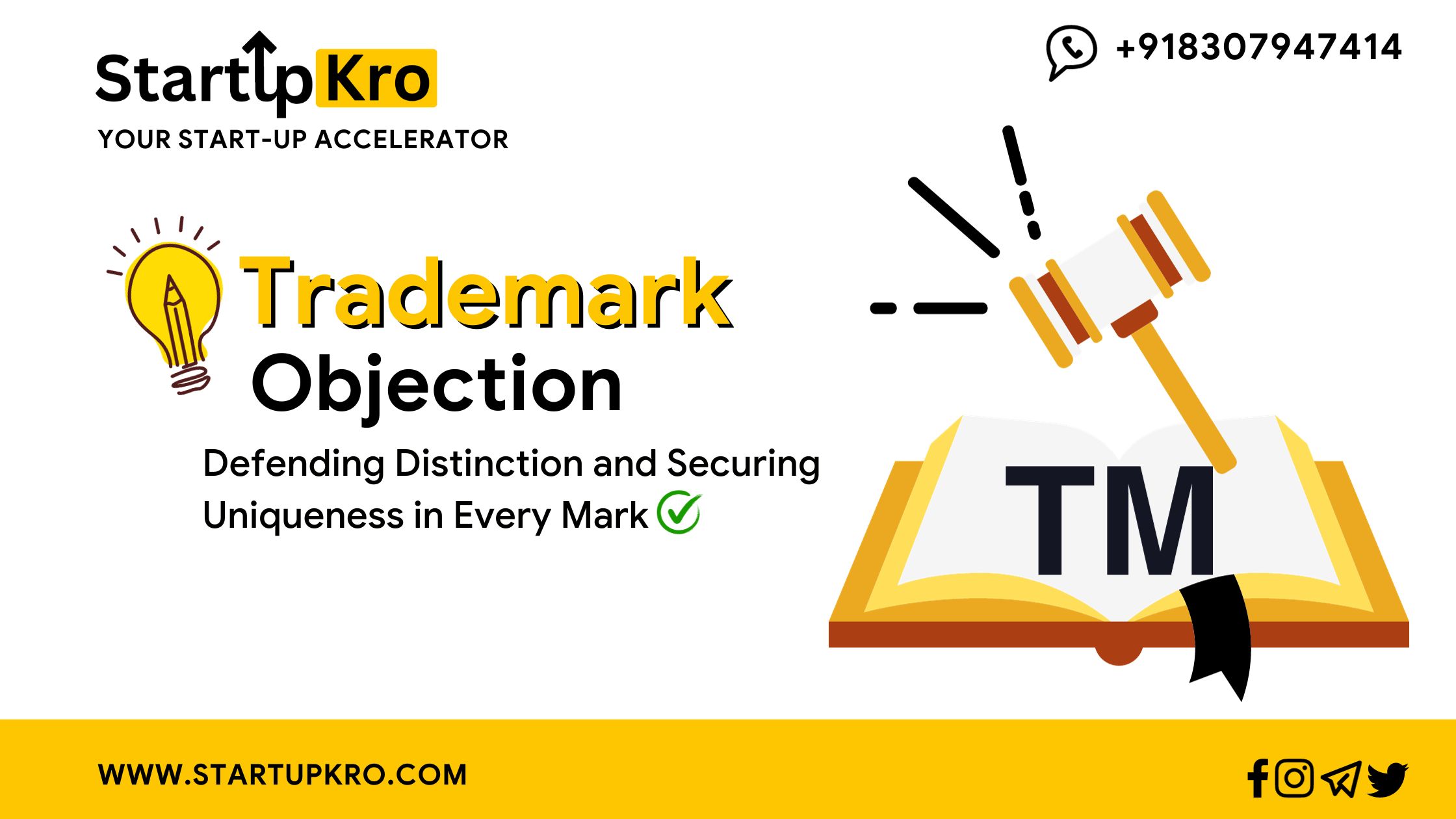

Subscribe To Our Weekly Newsletter
Creating a successful marketing strategy is crucial for any startup, particularly in the early stages. Even if you have a fantastic idea, it won’t be enough to succeed if no one else knows about it. Here are some tips to help you create an effective startup marketing strategy for Small Businesses:
1. Start with a clear strategic position
Your strategic plan is like a roadmap for your organization. Your vision outlines where you want to go, while your mission or central goal explains why you’re going there. Instead of randomly placing ads or posting on social media, you need to develop a proper strategic plan to guide your marketing efforts.
To make informed decisions, you’ll need the right data and information. Gathering this information involves conducting web research on a large scale, monitoring market and industry trends, surveying customers and employees, and gaining insight into your competitors through secret shoppers, trade shows, or industry reports.
Later on, you’ll use your SWOT (Strengths, Weaknesses, Opportunities, and Threats) analysis to make key decisions.
2. Develop a content marketing strategy
Creating and publishing high-quality content that people will find engaging and valuable is a significant advantage in marketing. Your blog posts can attract new readers and convert them into email subscribers and eventually paying customers, while the rest of your marketing team focuses on building relationships and generating revenue.
Your traffic goal is the number of people you need to attract to your blog. To reach your conversion rates, you’ll need to improve your content quality to land associations with publications and receive mentions in major industry blogs. Blogging can quickly establish your startup as an industry thought leader, and become a valuable tool for inbound marketing.
One report found that businesses with websites generate 126% more leads than their competitors without blogs. Your company blog should be a central element of your startup marketing strategy. By publishing content that your audience wants to read, search engines will rank your blog higher, attracting more visitors to your blog and increasing exposure for your startup.
Creating an effective business blog requires publishing valuable content that your audience is interested in reading. By doing so, you’ll be rewarded with higher search engine rankings and greater exposure for your startup.
3. Establishing a Consistent Brand
Social media has become an integral part of marketing strategies for startups, considering over 2.4 billion people use social media worldwide. Therefore, incorporating social media into your marketing plan is crucial for your business’s success. As your business’s online presence grows, more people will recognize and remember your brand. Furthermore, social media platforms such as Facebook, Twitter, and Pinterest allow entrepreneurs to pay for traffic by creating ads that appear in users’ news feeds and other places. However, having a social media profile alone isn’t enough to succeed in social media marketing. Posting consistent content that provides value to your audience is crucial to gain followers. Additionally, engaging with your audience by responding to their questions and comments is essential in retaining their interest in your brand.
4. Identifying Your Target Audience
Customers are vital to the success of any marketing plan, product, or service, and it’s essential to identify the right prospects for your business. Defining your target audience helps you structure your marketing strategy to address their needs.
Here are three suggestions to help you identify your target audience:
- Basic Demographics: Determine the gender, age, and location of your target audience.
- Personality Analysis: Analyze the personality traits or shopping behaviour of your target audience to relate to them better.
- Brand Message: Develop a brand message that resonates with your target audience based on your research.
These suggestions will help you refine your target audience and understand their needs, enabling you to tailor your offering to satisfy them.
5. Design Your GO TO MARKET Strategy
The 5th plan regarding GO TO Market Strategy will be specific to the business type.
At StartUp Kro, we offer a range of services, including Business Registration, Proprietorship Firm compliances, Partnership Firm compliances, LLP compliances, ISO Registration, Company compliances, and GST compliances, to help accelerate the growth of your startup.
Share:

Book an Appointment
Schedule an Appointment with our Expert here.
Social Media
Most Popular


How to Respond to Trademark Objection


